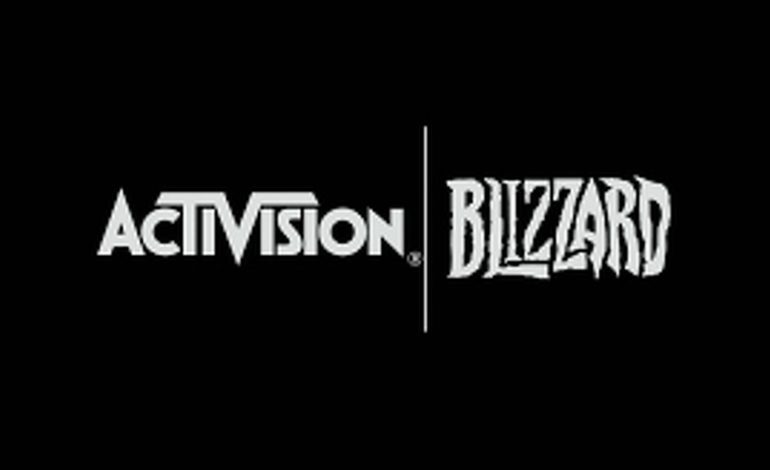

Following the recent objection of the EEOC, Activision Blizzard settlement by the California Department of Fair Employment & Housing, the Communications Workers of America union have also filed their own objection to the settlement. The CWA believes that there are “a number of serious deficiencies” with the agreement and has requested a fairness hearing in order to address these issues.
The CWA detailed 31 points of concern regarding the settlement. This includes: why no employees were consulted prior to the agreement of the proposed Consent Decree. No reference to waivers; with concerns that they may be limited to narrow allegations of the complaint and don’t affect any private right of action or claim under state law, other federal laws or other laws or regulations. The settlement amount not being enough for the number of workers that were affected. Why the Consent Decree was filed and has become active now after the DFEH objection was filed. No notice being given to employees. Concern that “retaliation” encompasses claims under state law and other federal laws. What “related subsidiaries and companies” means regarding Activision Publishing. How non-admission clauses factor into things. The possibility of absolving other individuals from further liability. What the wavier says so they can ensure that it is limited to the specific allegations of the complaint and the EEOC’s authority. The lack of a claim form to make sure it is understandable and accurate. Input into the hiring of any “EEO Consultant.” How someone is determined an “eligible claimant.” A copy of charge number 480-2018-05212 so the CWA can see the scope of any release. The objection of an automatic expiration of the Consent Decree. Concern that attorneys for the Defendant can be present during EEOC interviews. Objection to the amount of discretion that the proposed Claims Administrator gets. The limitation of information that would be posted on websites and available on recorded messages. The ability to have input in any “Notice of Settlement” and “Claim Form.” Seeing if the EEOC will share information of those that they haven’t been able to contact so the CWA can help with the situation. What the “general criteria” is for scoring claims made through claim forms. The inadequate hourly rate of $450.00 an hour for an eligible claimant to consult a private attorney. Input into the hiring of an “Equal Employment Opportunity Consultant” and of an internal EEO coordinator. A copy of “Workplace Policies and Procedures” and of the “Internal Complaint Investigation Procedure.” The concern “that the confidentiality of the complaint, complainant, and investigation shall be maintained to the fullest extent possible” may prohibit employees from talking about unlawful conduct, harassment and investigations among themselves. The concern of “Compliance Trainings” being adequate for employees and managers about the workplace rights of employees. The inadequacy of two hours of training for “Human Resources (“HR”) employees, something that should be required semi-annually and that workers should be able to attend. Training of workers about how to respond to the illegal and improper conduct alleged in the Complaint including training on how to report retaliation. A summary of the Consent Decree should be read to workers.
The other objection filed by DFEH claimed that the proposed settlement would damage its own case against Activision Blizzard as it would involve employees releasing the publisher from claims against California state law. Recently, the DFEH was accused of ethics violations because of a crossover of lawyers on two different cases. Two leading lawyers on the suit filed by the DFEH previously worked for the EEOC and investigated Activision Blizzard prior to the settlement filed with the DFEH. If this is true, it is a conflict of interest, a violation of attorney ethics, and a breach of the California Rules of Professional Conduct.
Play games, take surveys and take advantage of special offers to help support mxdwn. Every dollar helps keep the content you love coming every single day.
